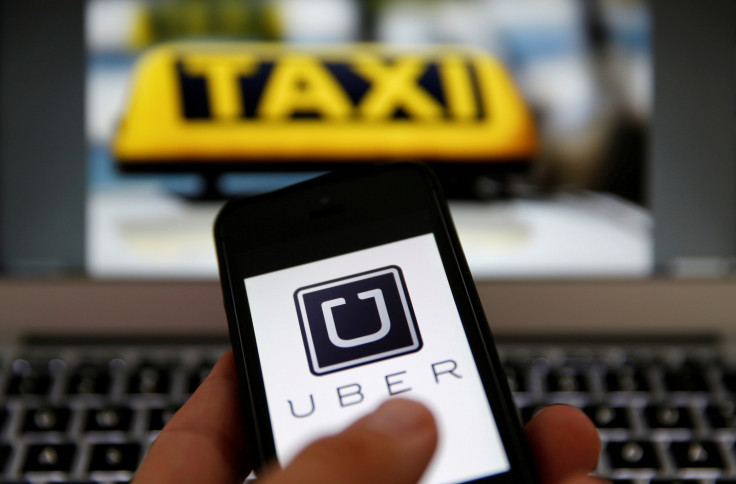Britain's cost-of-living crisis could intensify over probable taxi fare hike by private taxi operators
A landmark verdict is set to change how taxes like VAT are applied to private taxi operators, making way for a hike in taxi fares.

The cost-of-living crisis could intensify for the people of Britain as Uber taxi fares could change following a legal battle won against the council. At the receiving end of this would be vulnerable people like older Brits and people living on benefits.
Taxi rides in Merseyside and across Britain could be hiked by 20 per cent as Uber and other private taxi firms won a landmark case against the council. This comes at a time when petrol prices reached new heights due to market tensions.
A solicitor who is part of the team representing the taxi firms revealed that vulnerable people might have to pay more after Uber won the case against Sefton Council.
Speaking about the matter, Layla Bark-Jones of Aaron & Partners revealed that the high court judgement for the app-based taxi firms meant that passengers will have to deal with a 20 per cent increase in taxi fares. Aaron & Partners represented Delta Taxis and other taxi firms in the case.
VAT to regularise private taxi operators' ways of functioning
The court case dealt with who was the owner of a contract for services with consumers when they take out a taxi. This comes at a time when an earlier Supreme Court case ruled Uber drivers as workers, opening up premises for a subsequent high court case where Uber asked to do direct contracts with the consumers rather than using intermediate agents like taxi drivers who are their workers.
These two judgements changed the way private hire operators like Uber functioned in London and in the rest of the UK. Now this case against the Sefton Council is an attempt to regularise the changed modes of business operations in the rest of the UK.
Sefton Council took a neutral stance in the case despite being a defendant and helped the court with the requisite legal and factual information.
The Sefton Council case has cleared the way how VAT will be applied for such private taxi operators in the UK, resulting in a 20 per cent increase in the VAT which will be ultimately passed down to the consumers as higher taxi fares.
Higher taxi fares amidst the cost-of-living crisis
The verdict is likely to affect the people of Britain increasing their daily costs, as they reel under the cost-of-living crisis. People on benefits and older citizens will be affected more. This 20 per cent hike in taxi fares is also likely to increase the home-to-school of commuters as the local authorities who find such school transport will have to raise the fares considerably, revealed the solicitor.
This comes at a time when a recent study revealed that older Brits are living on credit because of the cost-of-living crisis.
The legal firm representing the taxi operators might appeal against the verdict but so far they are asking the government to intervene and set the VAT for the taxi journeys at zero.
The solicitor said that the operators are concerned about the impact of the verdict as it can lead to 20 per cent VAT on every passenger journey.
Speaking on behalf of the taxi operators, the solicitor said that they were batting for the consumers, especially the vulnerable people who were already under stress due to the cost-of-living crisis.
Taxi operators call for government action
The operators have called for government action to fix the VAT at zero so that hiring taxis still remain affordable for people, especially for people who need an alternative to buses and trains and also those who don't have any other facilities at their disposal, said the solicitor.
The solicitor further highlighted how VAT affects the system as it is passed on to the government by the companies and is not something that the operators would retain.
She termed it as "a tax on customers not a tax on Delta".
Responding to the verdict, Uber said that it means regulatory consistency and doesn't automatically transpire into increased costs on the part of the consumers.
According to Uber, the verdict resolves inconsistencies regarding VAT levied by the government as there wasn't any uniform guideline on how much the consumers should be paying. This means that the rules applied to private hire operators would be consistent across England and Wales.
Uber thinks that a 20 per cent increase in the overall fare isn't necessary to tackle the VAT, operators could just charge on the margin which is in compliance with the HMRC rules.
However, government sources have refuted this claim about VAT collection on the margin and not the whole taxi fare. The government is also not planning to change the tax situation anytime soon.
© Copyright IBTimes 2025. All rights reserved.






















